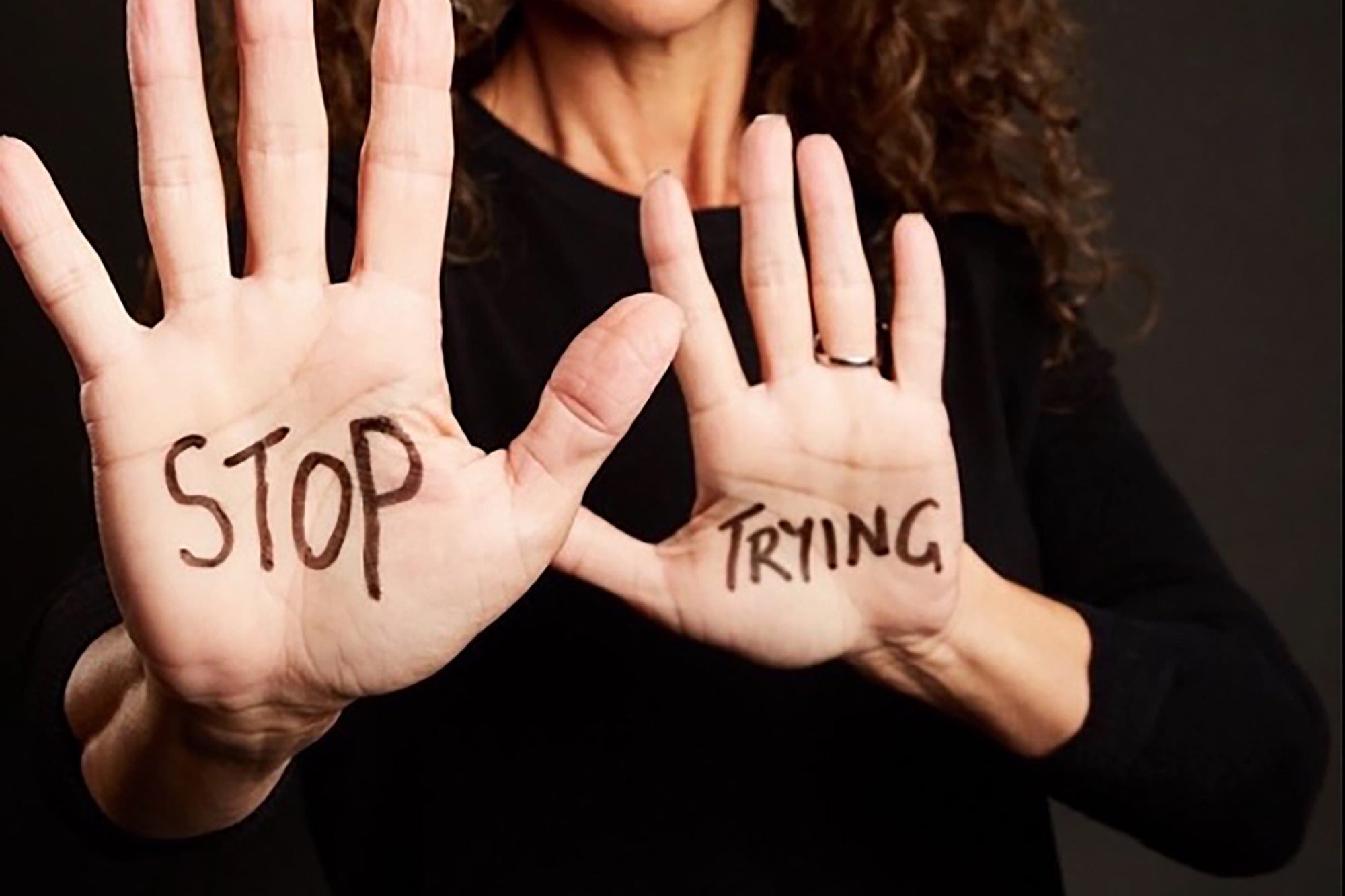3 Crucial Ways to Measure Social Media's Impact on Your Business Pay attention to these areas to gauge your social media's ROI and impact on your business.
By Kyle Leighton Edited by Amanda Breen
Opinions expressed by Entrepreneur contributors are their own.
Social media offers a myriad of benefits to businesses big and small, and if you want to grow your business and brand today, you need to utilize its power. Great content can help build brand awareness, define your brand personality and push you to the forefront of your industry. There's also great business potential. An estimated 420 billion people use social media actively, and 54 percent of those users are browsing to buy. There's no doubt that social media should play a significant role in every company's marketing strategy.
Related: The 4 Essentials to Building Your Brand on Social Media
One business I founded, Tapestry Girls, heavily relied on Pinterest posts and Facebook announcements to connect with potential customers early on. But how could I know if social media was delivering results? How can any business owner measure the success of his or her own social-media strategies? Where's the money — in the retweets, in the comments or somewhere else?
Hence, it's important to measure your social-media ROI to determine if likes and shares are growing your business and not just your follower count.
Critical social-media KPIs
There are endless social-media KPIs, and it's easy to travel down the rabbit hole. Instead of trying to take it all in, set your sights on a few key metrics. You can divide these indicators between engagement with your content and engagement off-platform.
Related: 10 Laws of Social-Media Marketing
Content engagement
With content engagement, you should pay close attention to the following:
- Followers. Of course, the more followers you have, the more potential customers you'll be able to reach. But aside from the number, you should also monitor how fast your follower list is growing. If it's rising quickly, that means your content is effective. On the other hand, if it's stagnant, you might need to tweak your formula.
- Likes, shares and comments. Likes are a basic social-media baseline; if a lot of users like a post, that means the content is resonating. The more likes you rack up, the longer the social-media platform's algorithm will push your post to the top of the feed. Shares or retweets matter because this is how you'll expose your brand to people beyond your immediate network. Lastly, comments indicate that you've posted something compelling enough to inspire conversations, and those conversations can yield some valuable data (e.g., customer sentiment about your brand, feedback on new products, etc.). As a bonus, responding to those comments gives you a chance to engage directly with your customers.
- Impressions. Impressions tell you how many people could possibly see your post in their feed. The bigger the number, the more potential you have to reach new customers.
You might be wondering, "What's a good number for these metrics?" There's no hard and fast rule for this. Generally speaking, growth is the goal. As long as you establish a baseline and move beyond that, you can count it as success. A much better way to assess whether your KPIs are good or not is by measuring your followers' activity beyond social media.
External engagement
The goal of your social-media content is to get your followers to buy, either through shoppable links on the platform of your choice or by going to your website or landing page. To know if this is happening, monitor these three metrics:
- Total sales. Use an analytics tool like Google Analytics to understand who's visiting your site, where they're visiting from and what they're doing once they arrive. This tool can help you calculate which sales are coming from social-media users versus other customer types.
- Bounce rate. The bounce rate tells you the percentage of users who viewed just one page of your site before leaving. If the number is high, it means something isn't working, whether it's the site's usability, the offer or product itself, or some other technical issue. A great result here would be a bounce rate below 40 percent.
- Conversion rate. Conversion tells you how many of your visitors bought something. A high conversion rate means your website is doing exactly what it's supposed to do. Once your followers click through and land on your page, everything falls into place. The average landing page converts at about 5 percent, so you should aim for that at least; 10 percent or higher would put you in an elite club.
Related: 10 Social-Media Marketing Strategies for Companies
A simple formula
If tracking all these different metrics sounds like a lot, there's a much simpler way to think about social-media ROI, similar to how you'd measure it for an ad campaign. Add up all the resources you've invested in your social-media content — tools, memberships, manhours, ads, etc. Then, calculate total sales that have come from social-media visitors. Divide "sales" by "investment" and multiply that by 100. This equation gives you the social-media ROI as a percentage.
Anything over 100 percent would be positive, but as you monitor your results over time, you'll gain an understanding of your base level, trends and standards for good, bad and average performance.
However you decide to measure your success, the main lesson is not to get swept up in social-media numbers unless you truly understand what the data is telling you. Take the time to determine your social-media ROI so you can make sure that your content is working for you, not against you.










